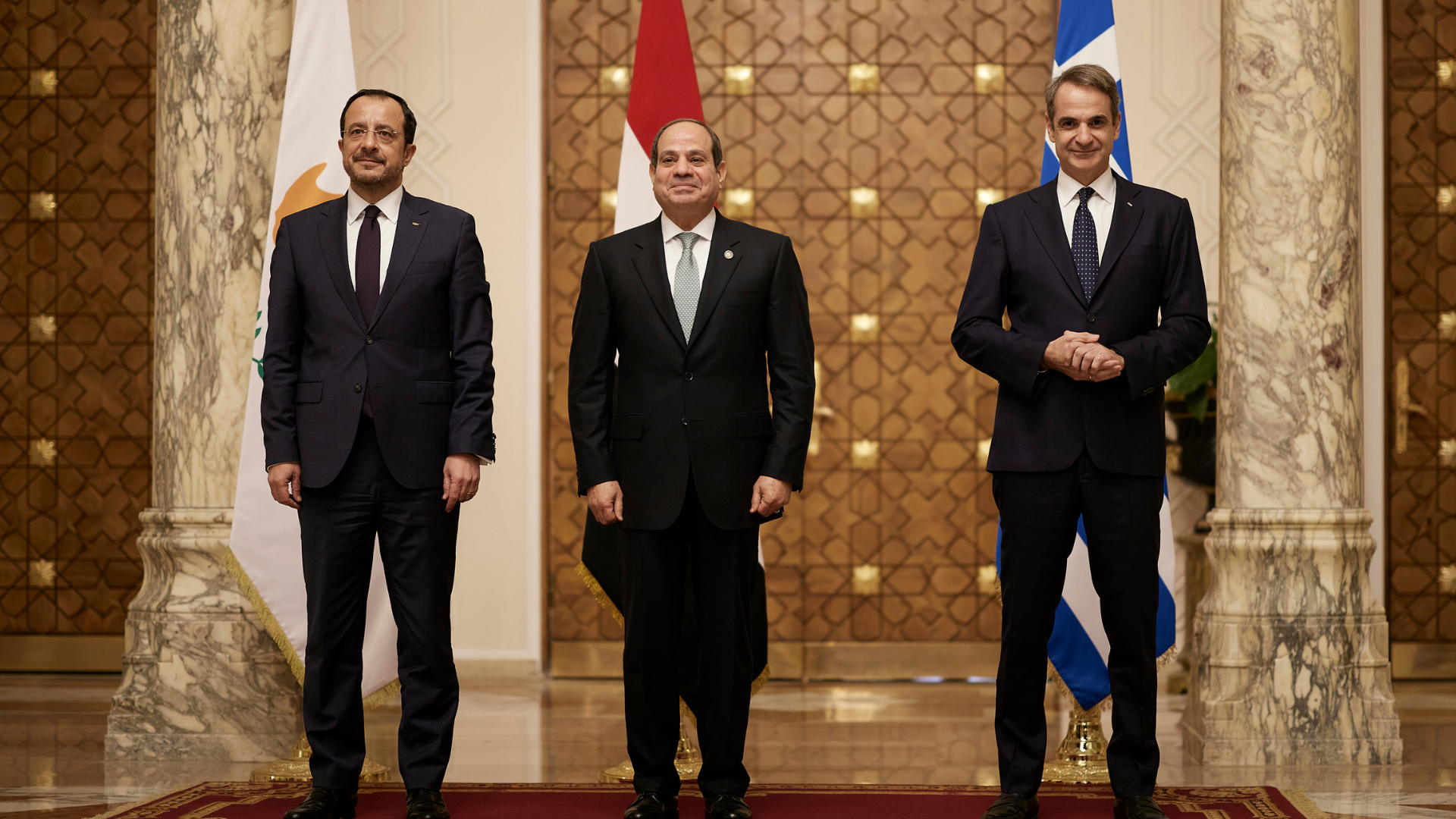The future of the Greece–Cyprus–Israel electricity interconnector has been thrown into uncertainty after Cypriot President Nikos Christodoulides announced that the European Public Prosecutor’s Office (EPPO) has launched an investigation into the multi-billion-euro project.
The undersea cable, valued at €1.9 billion and backed by €657 million in EU funding, was intended to link the three countries’ power grids via one of the world’s longest and deepest submarine lines.
But Cypriot Finance Minister Makis Keravnos has already questioned its viability, citing independent studies that found it “not sustainable under the specific terms.”
Disagreements within Nicosia’s government have emerged, with the finance ministry warning of high risk, while the energy ministry pushes to continue.
Athens has expressed frustration at Cyprus’ hesitation, with MP Tasos Chatzivasileiou warning that “Cyprus cannot afford to gamble with projects of this importance.”
Greek officials stress the scheme’s strategic significance and reaffirm their commitment, especially amid ongoing tensions with Turkey, which opposes the project under its contested maritime deal with Libya.
Analysts suggest Cyprus is reassessing because energy costs in Greece are lower, meaning the island could end up importing rather than exporting electricity. The lack of private investment also undermines the project’s sustainability, in contrast to other regionally backed initiatives such as the GREGY Interconnector from Egypt to Greece.
Meanwhile, Greece continues to position itself as a proactive regional actor, with its Foreign Ministry highlighting the project’s grounding in international law and EU support.
A private tender on Crete’s offshore gas reserves later this month may also affect the energy landscape in the Eastern Mediterranean.
Source: Euractiv
